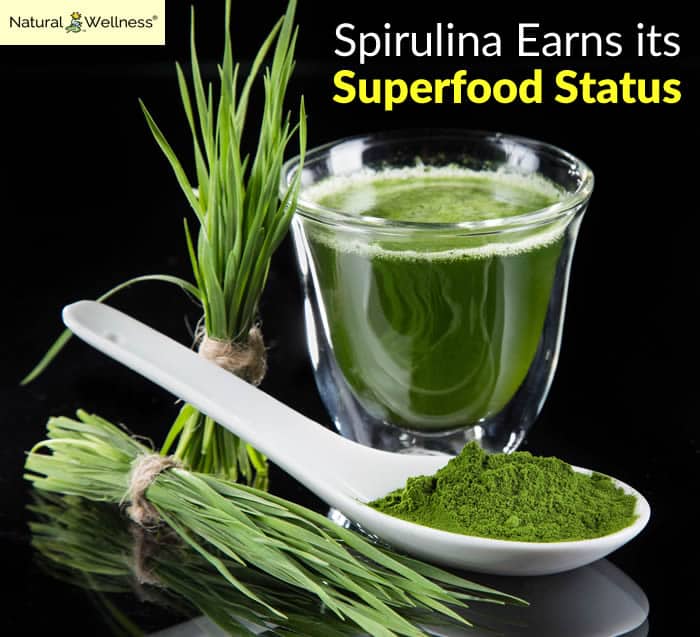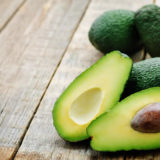

Super Spirulina!
Spirulina is considered a superfood, or a super green food, as it is nutrient rich and is proven to increase immunity and act as a powerful antioxidant.
The Nutritious Impact of Spirulina
Spirulina is a type of blue-green algae found primarily in saltwater that offers a range of nutrients, including: protein, vitamins, minerals and antioxidants, all of which act to protect the cells of your body.
Spirulina offers:
- vitamins B and E
- beta-carotene
- manganese
- zinc
- copper
- iron
- selenium
- essential fatty acids
Amino acids make up about 62% of spirulina, making it a rich source of protein.
Spirulina for Immunity
Spirulina is excellent for immune-boosting as it increases the production of antibodies to fight infection and provides some protection against viral infections like herpes, influenza and HIV. Spirulina also reduces the release of histamines, making it an excellent way to battle the symptoms from illnesses and allergic reactions like runny nose, congestion and watery eyes.
Spirulina for Liver Health
There is a growing body of evidence demonstrating that spirulina aids your liver by protecting liver cells from damage, and reducing the development of cirrhosis in people with non-alcoholic fatty liver disease (NAFLD) and chronic hepatitis. In another study, spirulina reduced damage from liver lipid levels and acted as a powerful antioxidant on the liver and kidney. Spirulina has been shown to significantly improve the function of the kidney and liver.
Spirulina is one of many superfoods. Learn more about dates, and 7 reasons you should consider adding this superfood to your diet, too!




